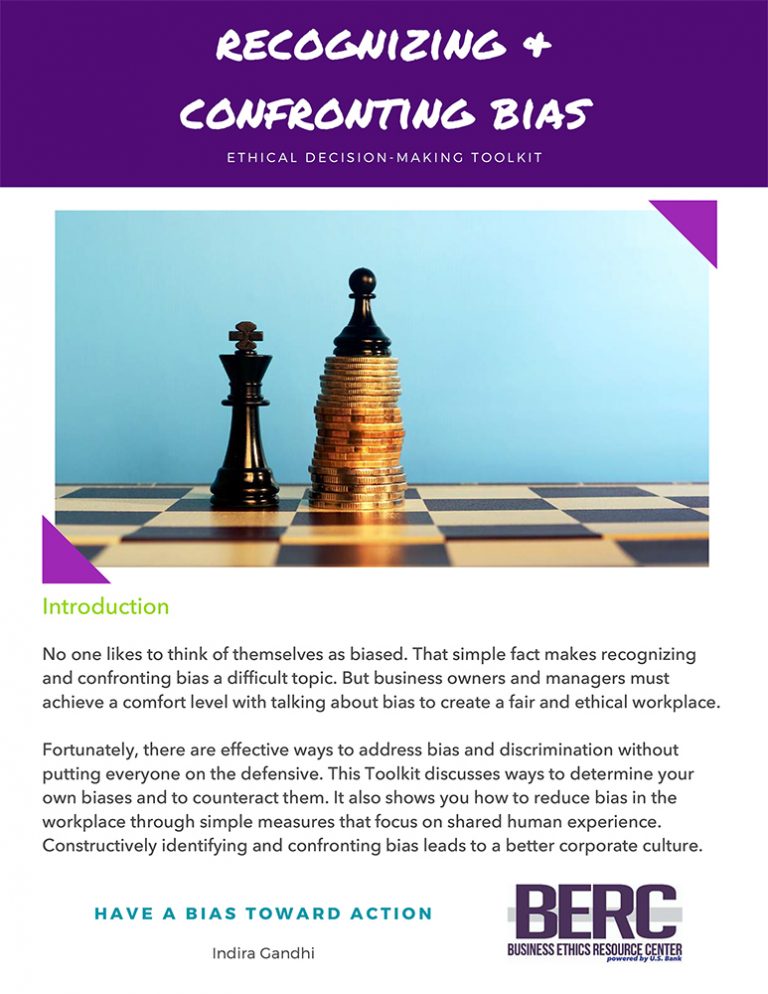Most people want to be thought of as ethical. When working with teams, an appeal to people’s moral core can make a major difference.

Earlier in my career, I took on a business unit that was staffed by people with strong personalities. They were all great people who worked hard, but they had trouble getting along with one another. If one wanted to push, the others wanted to pull…in the opposite direction.
Initially, I felt extreme frustration and some resentment. This wasn’t a promotion — this was some sort of hot potato! Over the first few weeks of the assignment, however, I made it a point to spend time with each individual in the unit. I was surprised to discover that part of their behavior to one another was based on their passion for the business. Each one felt that their methods or priorities were critical to the business, and that they were not being heard or respected by their colleagues.
While I was mulling over this discovery, two team members got into a shouting match over a work procedure (fortunately, no customers were nearby!). I pulled them both into my office with no real idea about how to address the problem.
They sat there, both steaming mad, awaiting some sort of verdict. Just before I spoke, I remembered the passion each of them had separately expressed for the business, and how they each wanted to do the right thing.
I smiled. “The fundamental issue here is that you both want what’s right for the company and its customers,” I said, warmly. “This is a great problem to have!”
For the only time in my adult life, I had two people’s complete attention.
I had each of them state their concern about the procedure. One was concerned that customers were not getting adequate information about a product feature. The other was worried that an update to that same feature was taking too long, and that customers would be unhappy to wait. Both were worried that customers might be treated unethically, either by withholding information or by making them wait too long for an update.
I emphasized that their ethical perspectives were perfectly aligned, making them natural allies against treating customers unethically. I asked them to work together to revise the procedure so that it respected customer needs and was achievable with the available resources.
They filed out silently. I had low hopes, but the following day, they came to see me with an excellent proposal for a new procedure, which I approved. They worked together very constructively from that day forward, and even eventually got married.
Ok, that last thing didn’t happen. But they were able to bond over their shared values and passions and achieve great things.
Consider how people are aligned at a deeper, values-based level when they are in conflict. By appealing to their ethical sensibilities, you can create powerful alliances.
Stacey Supina, June 26, 2019, Center for Ethics in Practice, University of St. Thomas


